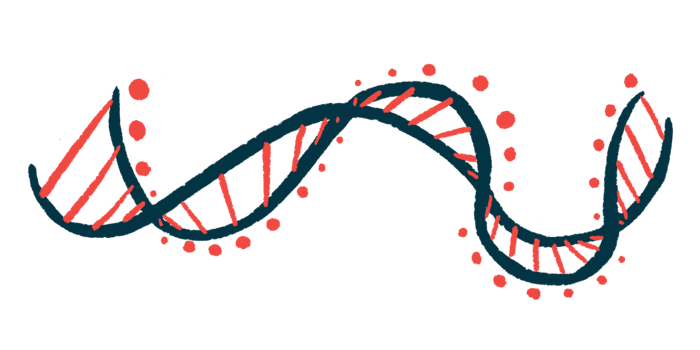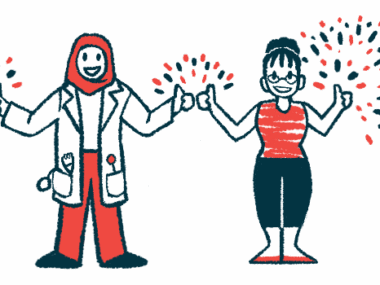Bahrain center soon to treat first SCD patient with Casgevy
Gene-editing therapy approved in Persian Gulf nation in December
Written by |

The Bahrain Oncology Center now is among the first in the world to offer Casgevy (exagamglogene autotemcel), an approved gene-editing therapy, to people with sickle cell disease (SCD) and transfusion-dependent beta-thalassemia (TDT), a related blood disorder.
That milestone, announced in a release by the country’s regulatory authority, follows the center’s accreditation, which recognized its adherence to international standards for cell therapy and bone marrow transplant.
Bahrain, a small island nation in the Persian Gulf, approved Casgevy as a one-time treatment for SCD and TDT in December, shortly after it was conditionally approved in the U.K. and shortly before its approval by U.S. regulators.
A first SCD patient soon is to start the process of treatment with Casgevy at the Bahrain Oncology Center, one of the country’s leading providers of comprehensive care, the release stated.
Casgevy uses CRISPR technology to promote fetal hemoglobin production
SCD is caused by mutations in the HBB gene that result in the production of a faulty version of hemoglobin — the protein responsible for oxygen transport in red blood cells. This version of hemoglobin tends to clump inside red blood cells, causing them to acquire a sickle-like shape.
Defective red blood cells usually die prematurely and are prone to obstructing blood vessels, raising a person’s likelihood of anemia, painful vaso-occlusive crises (VOCs), and other disease symptoms.
Casgevy uses a gene-editing technology, called CRISPR/Cas9, to increase production of fetal hemoglobin, which is more effective at carrying oxygen than its adult counterpart. It does so by reducing the activity of the BCL11A gene, which encodes a protein that normally instructs the body to shut down fetal hemoglobin production after birth and increase production of the adult form of the protein, the one affected by SCD-causing mutations.
Therapy, a one-time infusion, has process requiring multiple steps
The treatment involves collecting a patient’s hematopoietic stem cells — cell precursors that can give rise to all mature blood cell types — and editing them in a lab. After the patient undergoes chemotherapy to destroy defective cells, the edited cells are returned via a stem cell transplant.
Transplanted cells are expected to survive and multiply in the bone marrow, generating red blood cells that are capable of producing fetal hemoglobin. As such, the therapy is expected to prevent red blood cell sickling and reduce the frequency and severity of VOCs.
The overall process of treatment, including the manufacturing of each patient’s cells, preparing the patient for treatment, and administering the edited cells, can take up to one year and only be performed at authorized centers.
The U.S. Food and Drug Administration approved Casgevy to treat SCD patients, ages 12 and older, experiencing recurrent VOCs, making it the country’s first therapy using CRISPR gene-editing technology. The therapy also is conditionally approved in the European Union for SCD patients, starting at age 12, with recurrent VOCs, and is approved in Saudi Arabia.
The launch of the Casgevy program at the Bahrain center is a collaborative effort between the country’s National Health Regulatory Authority, Ministry of Health, Royal Medical Services, and government hospitals.






